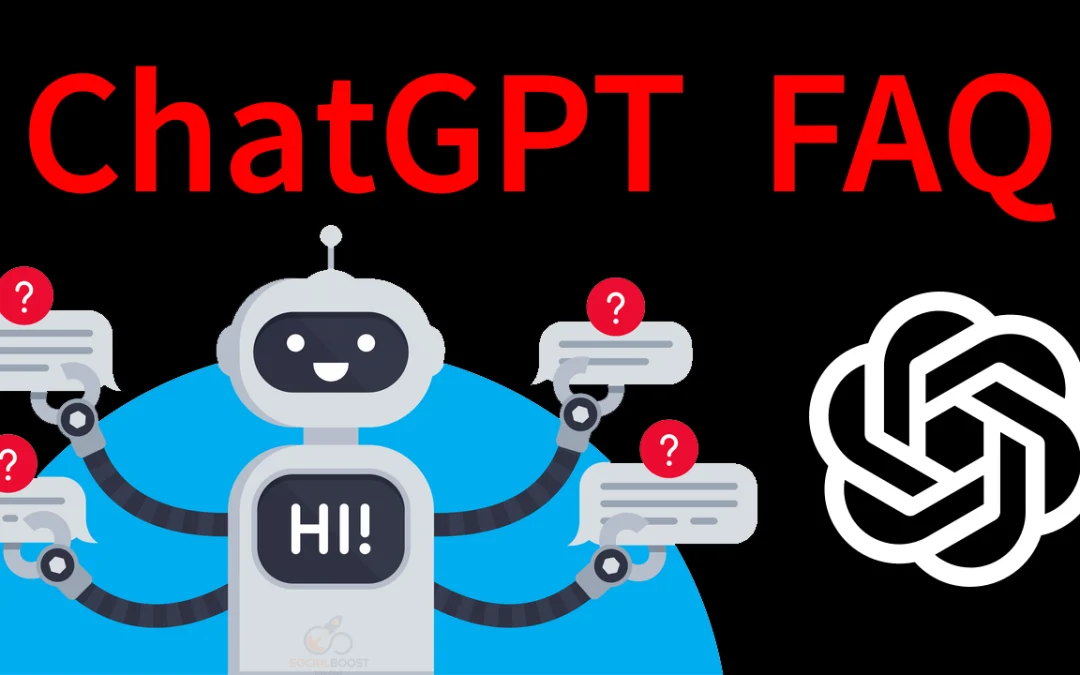
by admin | Jul 16, 2024 | Job, Employment Application, Interview Techniques, Job Analysis, Skills Gap Analysis
When it comes to finding a new job, creating a resume is an essential first step in the process. After all, your resume makes a first impression on employers and can mean the difference between an interview and an instant rejection. What information to include, how long it should be, and how to design and format it, are examples of things that need to be carefully considered. With the rising popularity of AI (Artificial Intelligence), many people are turning to ChatGPT to find inspiration and spur some ideas to get the process rolling. But, can ChatGPT really be trusted for resume writing? The answer depends on how you use it. Let’s explore the dos and don’ts of AI generated resumes, below:

Dos for ChatGPT resume writing
Use it as a starting point: ChatGPT is a great place to find inspiration for content that is pertinent to the job you are applying for. It can help you learn more about the skills, experiences, and other qualifications required for a role, and how your background makes you the right fit.
Tailor your professional history for a specific job: It is crucial to align your resume with the specific role you are applying to. You can use ChatGPT resume prompts to modify your existing accomplishments to be more tailored to the requirements and responsibilities outlined in the job description. It can also help you incorporate keywords from the job posting, increasing your chances of passing through an applicant tracking system (ATS).
Help you highlight achievements: Leveraging numbers in your resume can really help you show your potential impact and demonstrate your strengths, but this is something that ChatGPT cannot come up with on its own. ChapGPT, however, can help you rewrite your accomplishments with more impactful language. This can help you better convey your achievements and help you stand out.
Proofreading: ChatGPT can be a useful tool for catching typos and grammatical errors, and suggesting edits quickly. However, it’s important to understand its limitations. Always have another human go through your resume to identify other improvements to things like style and tone that AI might not be able to pick up on.
Don’ts for ChatGPT resume writing
Forget to fact check: Just because ChatGPT says it’s true, doesn’t mean it actually is. ChatGPT gathers data from the internet, and sometimes it can pick up on notions rather than facts or make assumptions about your work history that aren’t true. Before you submit your resume, make sure that the statements you are making are valid and accurately represent your background, industry, and skillset.
Misrepresent yourself: In a similar vein, allowing ChatGPT to exaggerate your qualifications is deceitful to a potential future employer. You may look good in the moment but if you can’t back the skills up, it will quickly show through in an interview or if/when you are hired. Be honest and truthful about your skills and experiences.
Copy + paste: Simply copying and pasting the ChatGPT resume generated content into your final document shows lack of care and creativity. It’s essential to add your personal touch and use your own voice. At the same time, ensure your resume is visually appealing, well-organized, and easy to read. Use consistent fonts and styles, and bullet points throughout to make strong, clear points for the reader.
Share sensitive information: If you’re using an online AI tool, don’t share sensitive or personal information that you wouldn’t want to be stored or accessed by others.
In summary, ChatGPT can be a valuable tool when writing your resume, but it should be used wisely. Take advantage of its ability to generate content efficiently, but always review, customize, and edit the content to ensure it represents you accurately and professionally.
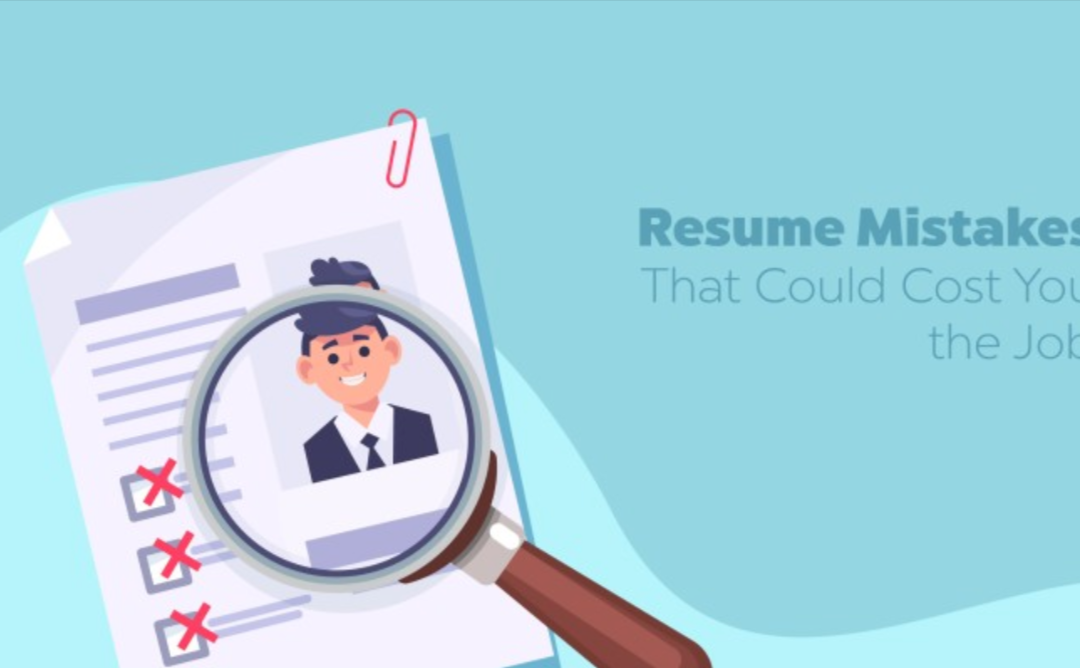
by admin | Jul 16, 2024 | Job, Employee Orientation, Employment Application, Interview Techniques
If you’re searching for a new job, you know how important it is to write a great resume. It’s the first impression a hiring manager will have of you, so you’ll need to make it count.
Although you may be a qualified candidate, you may be unknowingly making resume mistakes that can get you rejected from a role. To make sure you have a top-notch resume that will land you an interview, avoid these six resume mistakes.
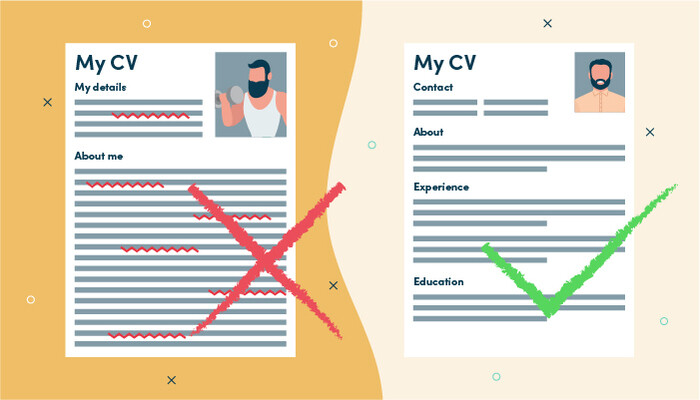
Being vague throughout your resume
To write a resume that stands out, you’ll need to do more than simply list out your daily tasks. Employers want to interview candidates they know can be successful in the role. They won’t know if you’re qualified if you aren’t specific with what you’ve done. That’s why it’s so important to write a detailed resume that showcases your particular skillset. Not only will it paint a better picture of your skills to the hiring manager, but it can also make you resume more memorable.
Not listing out your accomplishments at work
One of the biggest resume mistakes job seekers make is forgetting to include their accomplishments. Compared to simply telling the hiring manager what your previous responsibilities were, sharing your accomplishments shows the value you can offer the company. Being able to share your successes will make you more credible to the hiring manager and help you get through to the next stage of the hiring process.
Using Passive Tense Throughout Your Resume
The way you write your resume may make all the difference when applying to roles. That’s why you need to use action verbs over a passive tense throughout your resume. For example, avoid writing something like, “Revenue increased while working on digital campaigns” and instead write “Increased revenue by 10% through digital campaigns.” This will make you seem more assertive and accomplished throughout your entire resume.
Including irrelevant information
Most hiring managers will only skim through your resume before they decide if you’re a good fit. To make sure they only read the relevant parts of your resume, take out the outdated information that may not be applicable to the role. For example, if you’ve been working for 10 years, don’t include your college activities on your resume. Including this type of information will only take up space that you could be using to showcase why you’re a fit for the role.
Writing a generalized resume
It may take up less time on your end to only write a generalized resume, but you may not land any interviews with it. You don’t necessarily need to redo your entire resume for each role you apply to. However, it is beneficial to tweak your resume based on the job description. To save time, take a look at the roles you’ve applied for. Do they fall into different categories? If so, create different resumes that align with the different categories of roles you’re interested in to keep yourself more organized.
Not running a spellcheck
Attention to detail is essential for most jobs out there. If you have multiple grammatical and spelling errors, your resume will land in the trash folder right away. Take the time to look through your resume to make sure everything is spelled correctly and written properly. This only takes a few minutes and can make all the difference when you apply to roles.

by admin | Jul 16, 2024 | Employee Handbooks, Employee Orientation, Employment Application, Interview Techniques, Job, Skills Gap Analysis
Losing a valuable employee is never easy. It can take weeks or months to find a replacement, and the void can place a heavy burden on the rest of your team. Employee retention with top performers can be tricky—it is difficult to tell when they are dissatisfied, and you may be inadvertently making critical mistakes. According to our 2019 Hiring Outlook, here are the top 4 reasons why good employees leave:

Lack of work-life balance
With flexible working arrangements becoming more accessible, top employees are less willing to compromise. When more flexible options are available, employees are quick to leave if they don’t have the work-life balance they desire. Take a look at your flexible work policies to see how you might be able to improve your offerings and increase retention.
Poor relationship with manager
The relationship between manager and employee affects the daily experience of every staff member. An employee’s manager might be driving away top talent if they:
Are not transparent
don’t recognize accomplishments
don’t ensure their employees feel valued
Ensure that leadership within your company are setting a positive example for their staff and communicating well with their team.
Not a cultural fit
When employees don’t feel a part of the group, they are quick to find somewhere else where they feel like they belong. Company culture is more than just parties—it’s about ensuring that your staff feels valued, and they know that you prioritize people over profit. The more employees build trusting relationships with one another, the stronger your culture is.
Lack of advancement opportunities
The #1 reason professionals left their last job was lack of advancement opportunities. Today’s employees prioritize career development more than anything else, and the most talented professionals are always looking for ways to expand their skillsets. If they feel their work has become too “routine” or fear that they have become complacent with evolving industry trends, they’ll start exploring opportunities that offer more growth potential.
Source:https://tandymgroup.com
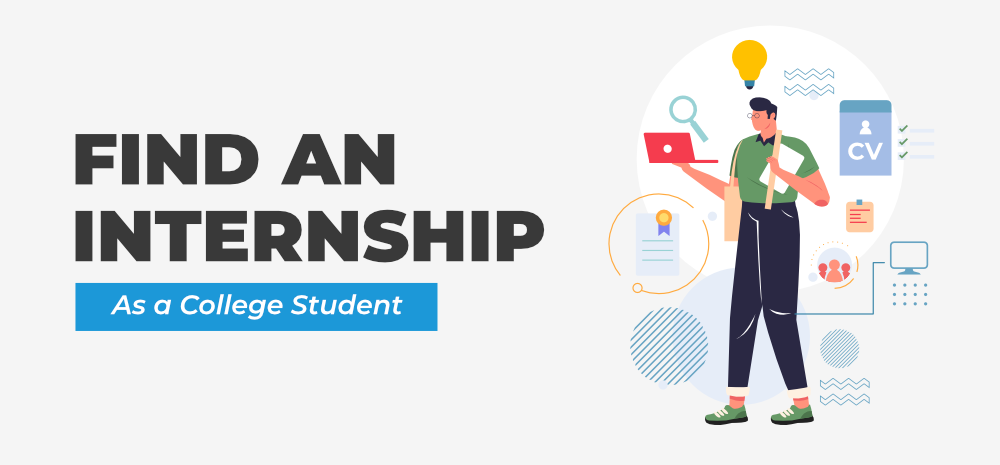
by admin | May 29, 2024 | Employee Orientation, Employee Handbooks, Job, Job Analysis, Skills Gap Analysis, Study
Finding and landing an internship as a college student is an important step in building a career foundation. Here’s a guide on how to search for and secure internships effectively:
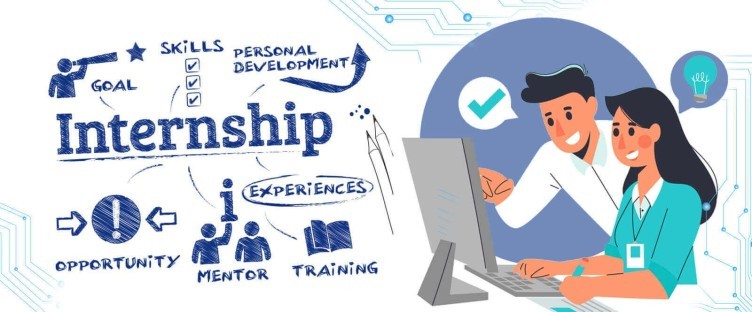
Step 1: Define Your Goals
Start by understanding what you want to achieve through an internship. Are you looking to gain specific skills, explore a particular industry, or connect with a professional network? Clear objectives will help guide your search and decision-making process.
Step 2: Research Opportunities
– Online Job Boards: Websites like Indeed, LinkedIn, Glassdoor, and specialized sites such as Internships.com are great resources.
– University Career Center: Many colleges offer resources and counseling specifically for students seeking internships. They often have connections with companies looking for interns.
– Company Websites: If you have target companies in mind, visit their careers section. Many companies post internship opportunities directly on their websites.
– Networking: Attend career fairs, industry conferences, and networking events. Sometimes, opportunities come from personal connections, including professors, family, or friends.
Step 3: Prepare Your Application Materials
– Resume: Tailor your resume to highlight relevant coursework, projects, and skills that align with the internship. Keep it concise and professional.
– Cover Letter: Write a personalized cover letter for each application, explaining why you are interested in the internship and how you can contribute.
– Portfolio: For fields like graphic design, journalism, or software engineering, prepare a portfolio of your best work.
Step 4: Apply Early and Often
Internship positions, especially in competitive fields, can fill quickly. Start your search early in the academic year and apply to multiple opportunities to increase your chances.
Step 5: Prepare for Interviews
– Research the Company: Understand their products, services, culture, and industry.
– Practice Common Interview Questions: Prepare responses to common questions such as “What are your strengths and weaknesses?” or “Why do you want this internship?”
– Mock Interviews: Consider doing mock interviews with friends, family, or career counselors to build confidence.
Step 6: Follow Up
After an interview, send a thank-you email to express your appreciation for the opportunity to interview and reiterate your interest in the position. This can set you apart from other candidates.
Step 7: Evaluate Offers
If you receive multiple internship offers, compare them based on how well they meet your initial goals, the kind of learning opportunities they provide, and other factors like compensation and location.
Step 8: Learn and Network During Your Internship
Once you secure an internship, maximize the experience:
-Learn as Much as Possible: Take the opportunity to learn from everyone you can. Ask questions, seek feedback, and take on challenging projects.
– Build Relationships: Network with colleagues and other interns. These relationships can be valuable for your future career.
– *Maintain Professionalism: Treat the internship like a real job. Be punctual, meet deadlines, and contribute positively to the team.
Step 9: Reflect and Follow Up
After completing your internship, reflect on what you learned and how it aligns with your career goals. Stay in touch with your supervisors and coworkers, as they can be valuable references or mentors.
By following these steps, you can effectively search for, apply to, and maximize the benefits of internships, paving the way for future career opportunities.
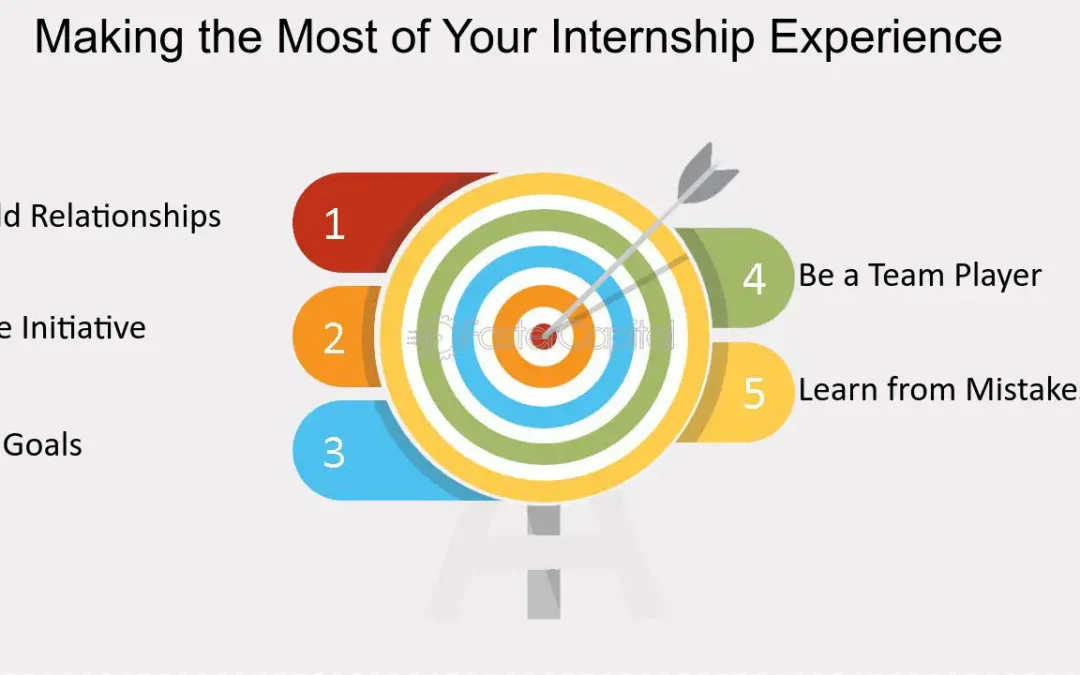
by admin | May 29, 2024 | Job Analysis, Employee Handbooks, Employee Orientation, Employment Application, Job, Skills Gap Analysis, Study
An internship is a valuable opportunity to gain practical experience, build professional skills, and establish a network in your desired industry. Here’s a comprehensive guide on how to make the most of your internship experience:
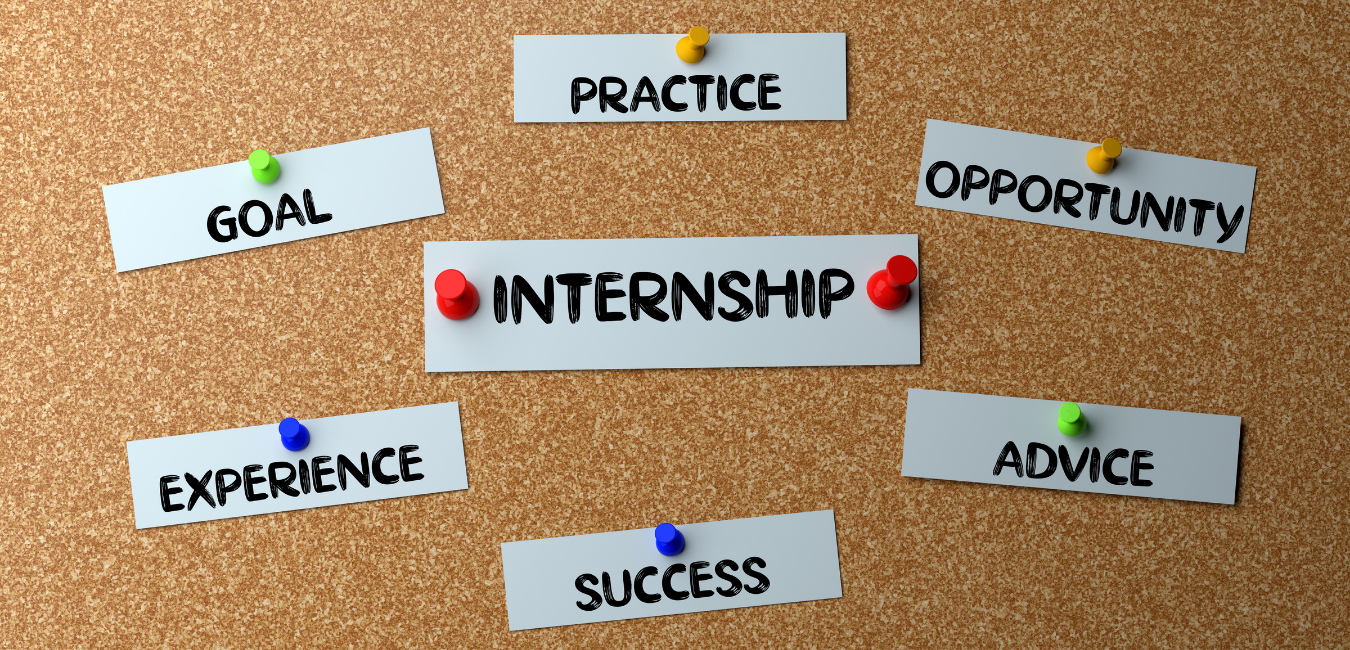
1. Set Clear Goals
Before starting your internship, define what you hope to achieve. Are you looking to develop specific skills, gain insights into a particular industry, or make professional connections? Setting clear, measurable goals will help you stay focused and evaluate your progress.
2. Understand Your Role and Responsibilities
– Learn the Basics: Understand the fundamental tasks and expectations of your role. Don’t hesitate to ask for a detailed description of your responsibilities.
– Ask Questions: In the beginning, you might feel overwhelmed. Ask questions to clarify tasks and expectations to ensure you’re on the right track.
3. Be Proactive
– Take Initiative: Look for opportunities to contribute beyond your assigned tasks. This could involve suggesting new ideas or helping a project in need.
– Seek Additional Projects: As you grow more comfortable in your role, ask for more responsibilities that align with your career interests and goals.
4. Build Your Network
– Connect Internally: Introduce yourself to as many coworkers as possible, not just those in your immediate team. Attend company events and social gatherings.
– Seek a Mentor: Identify someone within the organization from whom you can learn. This could be your supervisor or another experienced colleague.
– Maintain Contacts: Even after your internship ends, keep in touch with your colleagues and mentors. They can provide valuable advice and may inform you of future job opportunities.
5. Observe and Learn
– Industry Knowledge: Pay attention to how the company operates and how your department fits into the larger picture. Understand the industry trends and challenges.
– Professional Skills: Note the soft skills displayed by successful employees, such as communication, teamwork, and problem-solving.
6.Ask for Feedback
– Regular Feedback: Regularly ask for feedback on your performance. This not only shows your eagerness to improve but also helps you adjust your approach before small issues become larger.
– Performance Review: If your internship program includes a formal review, prepare by reviewing your accomplishments and areas for improvement.
7. Document Your Experience
– Keep a Journal: Regularly write down what you learn, the skills you develop, the projects you work on, and the people you meet.
– Portfolio: For creative fields, keep samples of your work to show future employers. For other fields, a detailed list of project roles and impacts can be useful.
8. Professional Conduct
– Punctuality : Always arrive on time or early, and respect deadlines.
– Dress Appropriately : Follow the company’s dress code, aiming for a professional appearance.
Ethics and Confidentiality: Be mindful of the company’s code of conduct, especially with confidential information.
9. Reflect on Your Experience
At the end of your internship, reflect on what you’ve learned and how it applies to your career goals. Evaluate the extent to which you’ve achieved your initial goals and what steps you should take next in your career path.
10. Exit Gracefully
– Thank You Notes : Send personalized thank-you notes to your supervisor and anyone else who was particularly helpful during your internship.
– Exit Interview : If an exit interview is offered, participate thoughtfully. Provide constructive feedback about the internship experience and express gratitude for the opportunity.
By actively engaging in these practices, you can maximize your internship experience, making it a pivotal step towards a successful career.
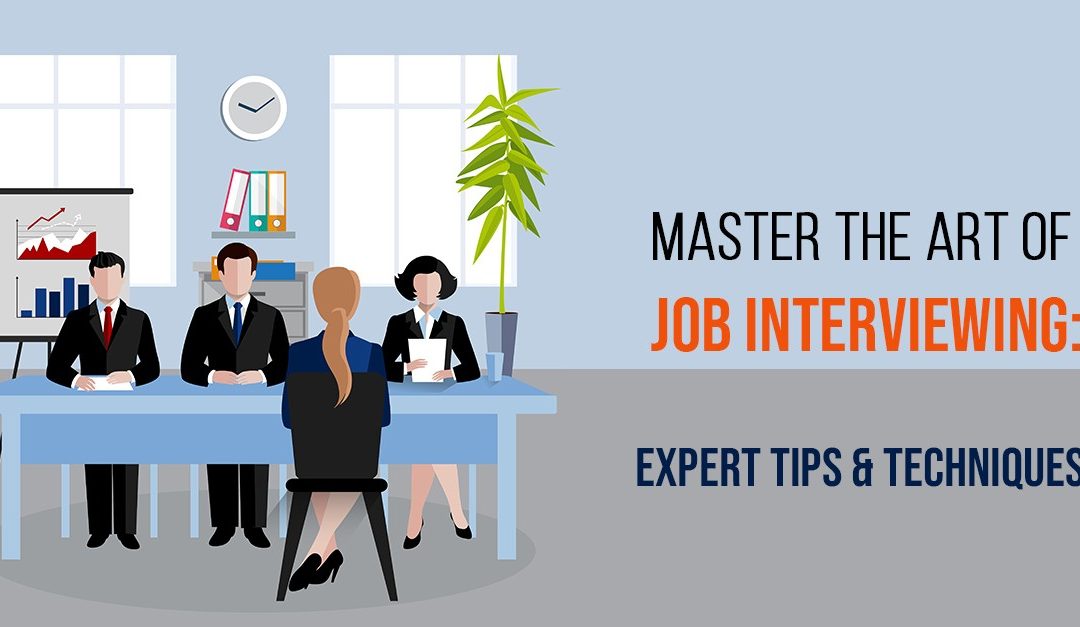
by admin | Apr 19, 2024 | Job Analysis, Employment Application, Interview Techniques, Job, Skills Gap Analysis
Interview Preparation Strategies: Mastering the Art of the Job Interview

Congratulations on landing a job interview! This is your opportunity to showcase your skills and fit for the position. Effective preparation is key to calming your nerves and making a great impression. Here are some proven strategies to help you prepare thoroughly and increase your confidence ahead of your interview.
Research the Company
- Understanding the Organization
Start by thoroughly researching the company. Visit their website, review their “About Us” section, and understand their products, services, and the industries they operate in. Familiarize yourself with the company’s mission, values, and recent news. This will not only help you tailor your responses but also show your genuine interest in being part of the organization.
- Know the Industry
Broaden your research to include the industry. Being aware of current trends, challenges, and key players can make you stand out as a knowledgeable candidate. This shows that you are engaged in your professional field beyond just seeking employment.
Analyze the Job Description
- Role Requirements
Carefully read the job description and note the specific skills and experiences required. Think about how your background matches these requirements. Be prepared to discuss how your previous job experiences, skills, education, and personal competencies make you the ideal candidate for the job.
- Prepare Your Examples
Use the STAR method (Situation, Task, Action, Result) to prepare concise and compelling stories about your past experiences that demonstrate your qualifications for the job. This method helps you structure your answers in a way that clearly highlights your accomplishments and relevance to the position.
Practice Common and Behavioral Interview Questions
- Anticipate Questions
Prepare answers for common interview questions such as “Tell me about yourself,” “What are your strengths and weaknesses?” or “Where do you see yourself in five years?” Also, prepare for behavioral questions that require you to describe past work experiences as evidence of your skills and abilities.
- Mock Interviews
Conduct practice interviews with friends, family, or mentors. Rehearsing out loud is crucial. It helps you refine your answers, become more comfortable with your narrative, and reduce anxiety. You can also record yourself to review your body language and delivery.
Plan Your Journey and Outfit
- Logistics
Ensure you know exactly where the interview is, how to get there, and how long the journey will take. Arriving a bit early is important, but not too early as it might inconvenience your interviewer. Aim to arrive about 10-15 minutes before your scheduled time.
- Professional Attire
Choose your outfit in advance. Your attire should fit the company’s culture while leaning towards professionalism. When in doubt, it’s better to be slightly overdressed than underdressed.
Prepare Thoughtful Questions
- Demonstrate Engagement
Towards the end of the interview, you’ll usually be asked if you have any questions. Prepare a few insightful questions that demonstrate your interest in the role and the company. Avoid questions about salary or benefits in the first interview; focus instead on learning more about the company’s culture, team, or future projects.
- On the Day of the Interview
Be Mindful of Non-Verbal Cues
Pay attention to your body language. Offer a firm handshake, maintain good eye contact, and sit up straight. These non-verbal cues can communicate confidence and respect.
- Be Authentic
While it’s important to be professional, it’s equally important to be yourself. Authenticity can set you apart from other candidates as it provides a genuine glimpse into who you are and how you will fit into the company culture.
Conclusion
Preparation can significantly impact your performance in a job interview. By researching, practicing, and planning, you set yourself up for success. Remember, an interview is not just about getting the job, but also about ensuring the job is right for you. Go into your interview prepared, confident, and ready to show why you are the best candidate for the position. Good luck!











